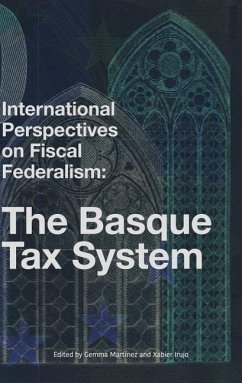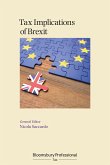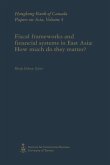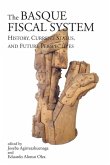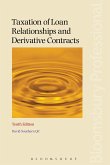In February 2018 Basque society celebrated the 140th anniversary of the Economic Agreement. This model of governing financial and fiscal relations with the Spanish state, based on negotiation and agreement, is one of the most and unique instruments of self-government in the Basque Country and certainly one of the most outstanding signs of Basque identity. Since February 28,1878, the Economic Agreement has overcome major challenges such as wars, political and economic crises, and dictatorial governments. The twenty-first century brings particular challenges not only at the state level--the emergence of strong centralism and constitutional crises--but also at the international level with globalization and the uniformization of the digital economy and markets. The central thread of this book is the analysis of the Basque Economic Agreement as a financial self-government tool from the perspective of some of the federal reference models in the world: the United States, Switzerland, Australia, and Canada. The Economic Agreement has contributed to the creation of a unique system in which the preservation of traditions becomes intermingled with investing in innovation, research, and development, creating synergies that have proved to be extremely effective and successful in reaching adequate levels of autonomy for sub-central governments, efficiency, income distribution, equity, accountability, and other key factors involved in nation-state building processes in federal systems: A model that can thus be considered to be a model of reference in relation to a likely devolution of powers to local government in the twenty-first century in order to tackle the current social and economic realities.
Hinweis: Dieser Artikel kann nur an eine deutsche Lieferadresse ausgeliefert werden.
Hinweis: Dieser Artikel kann nur an eine deutsche Lieferadresse ausgeliefert werden.

